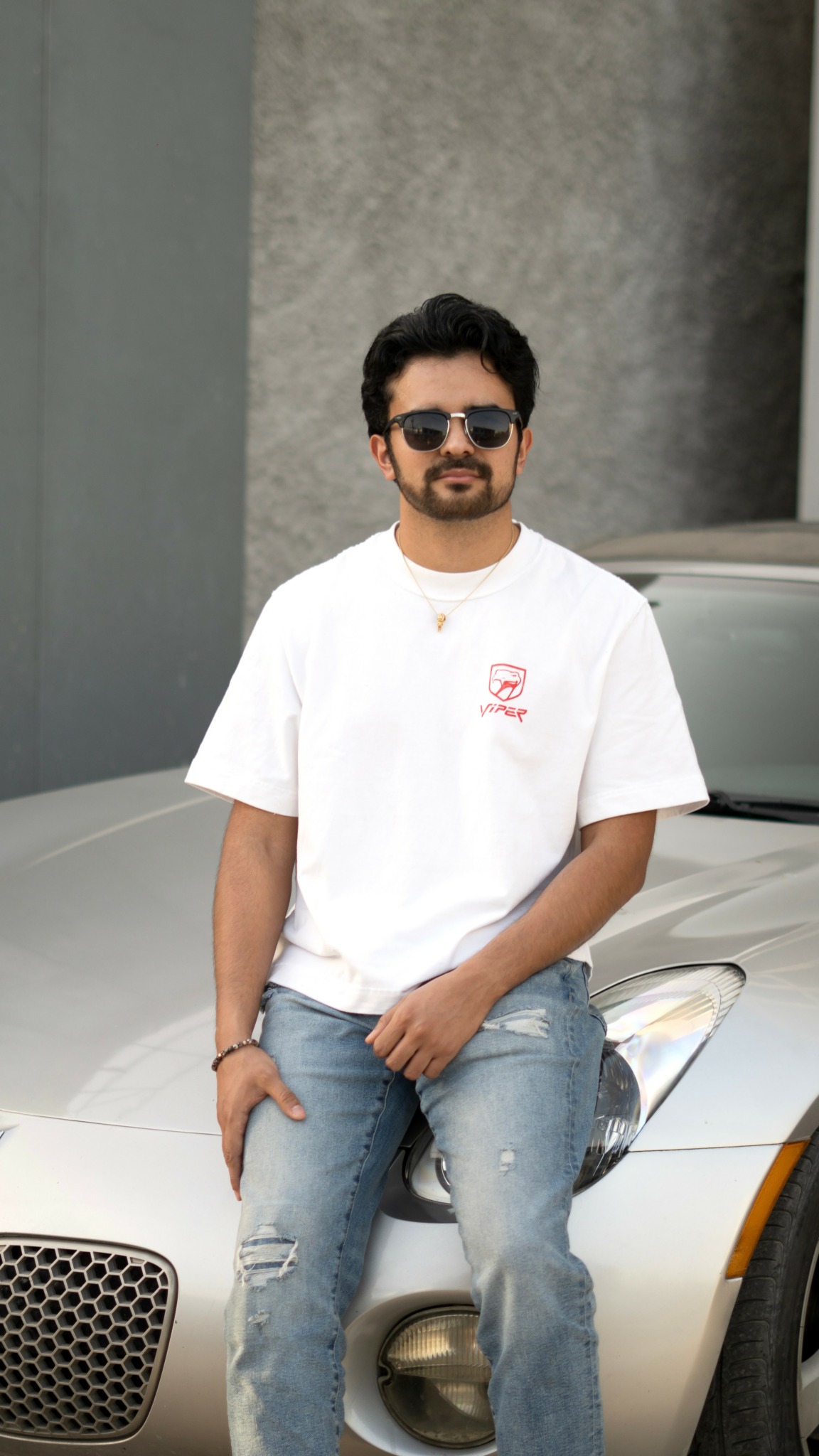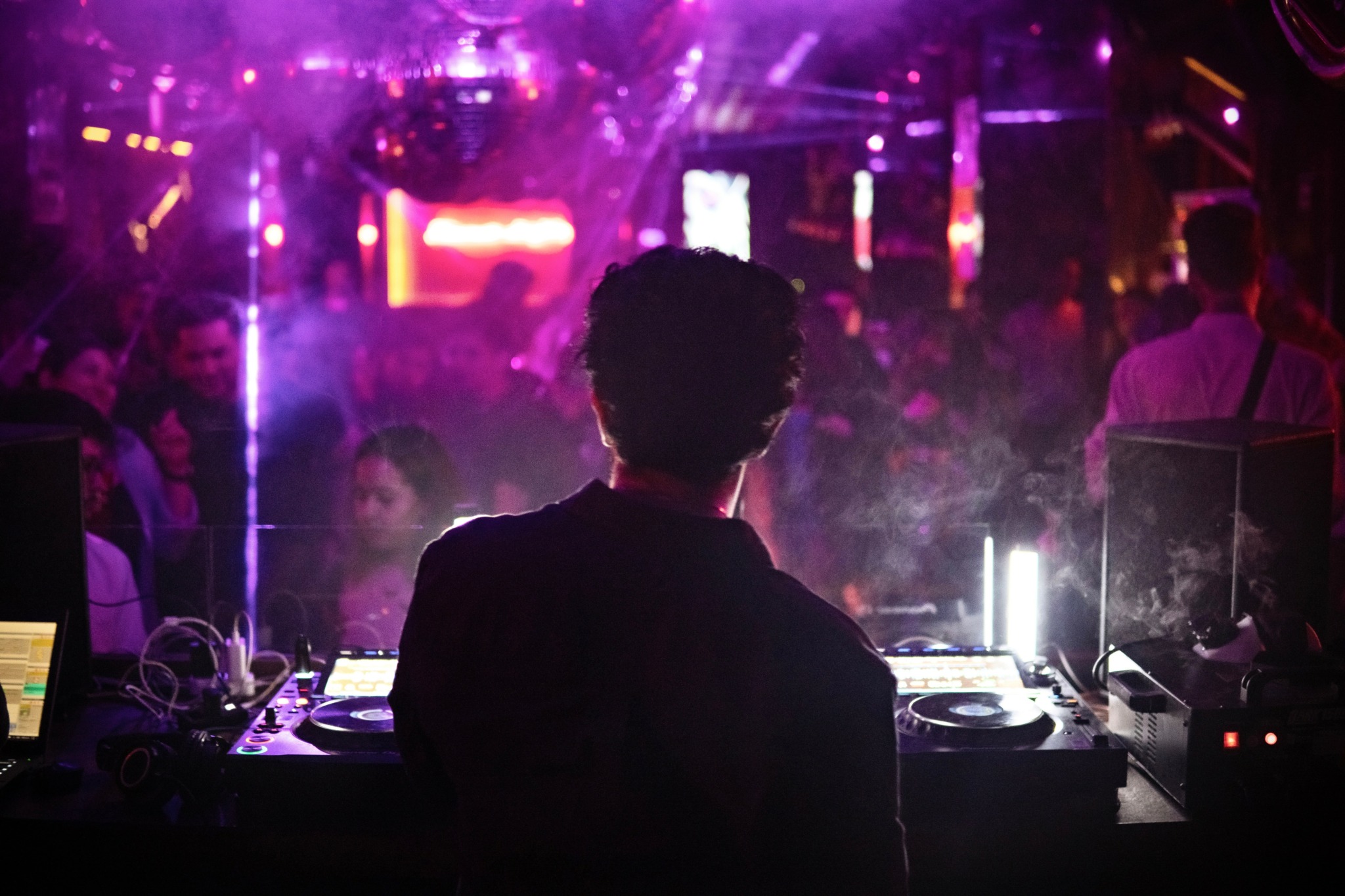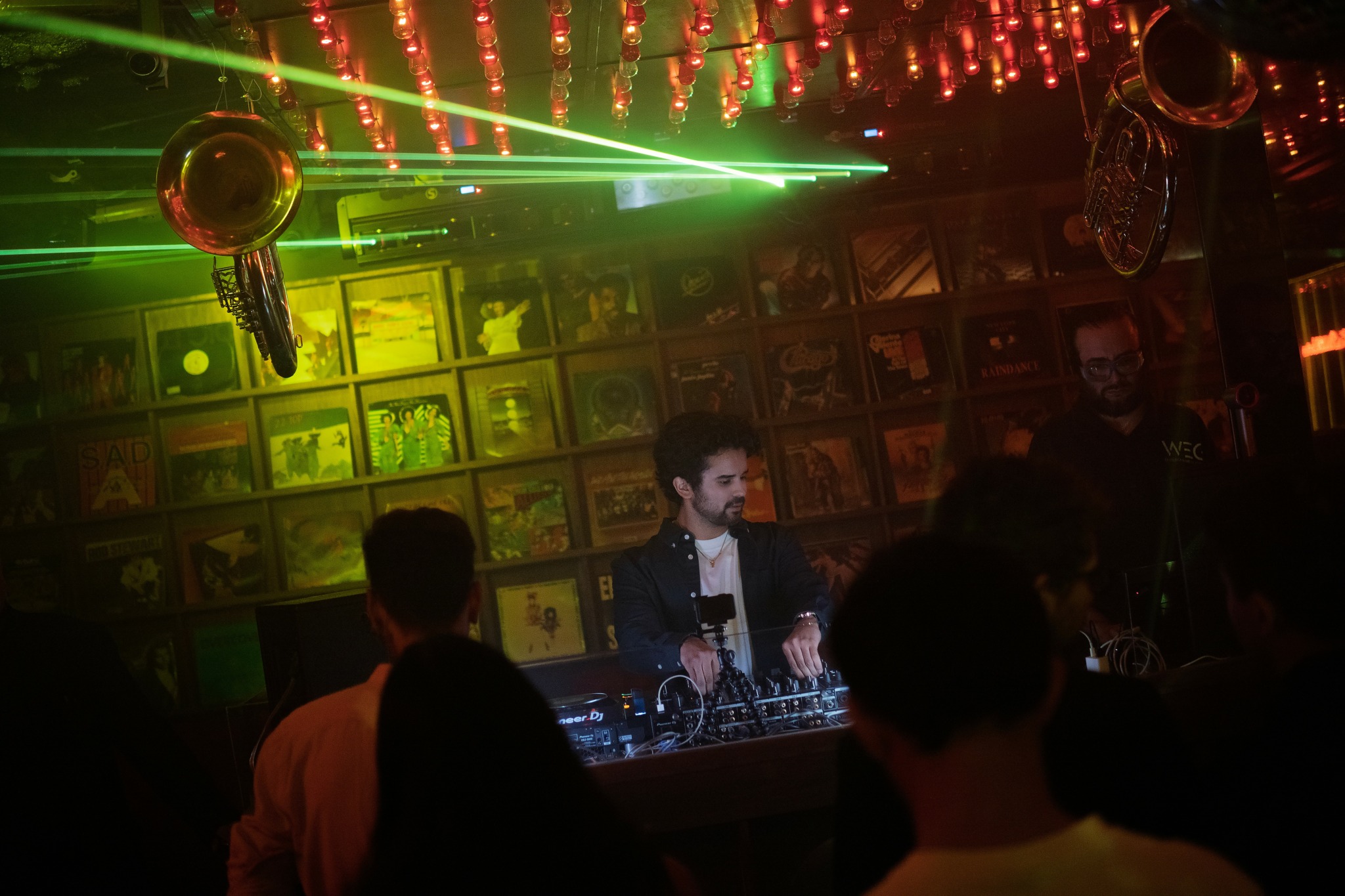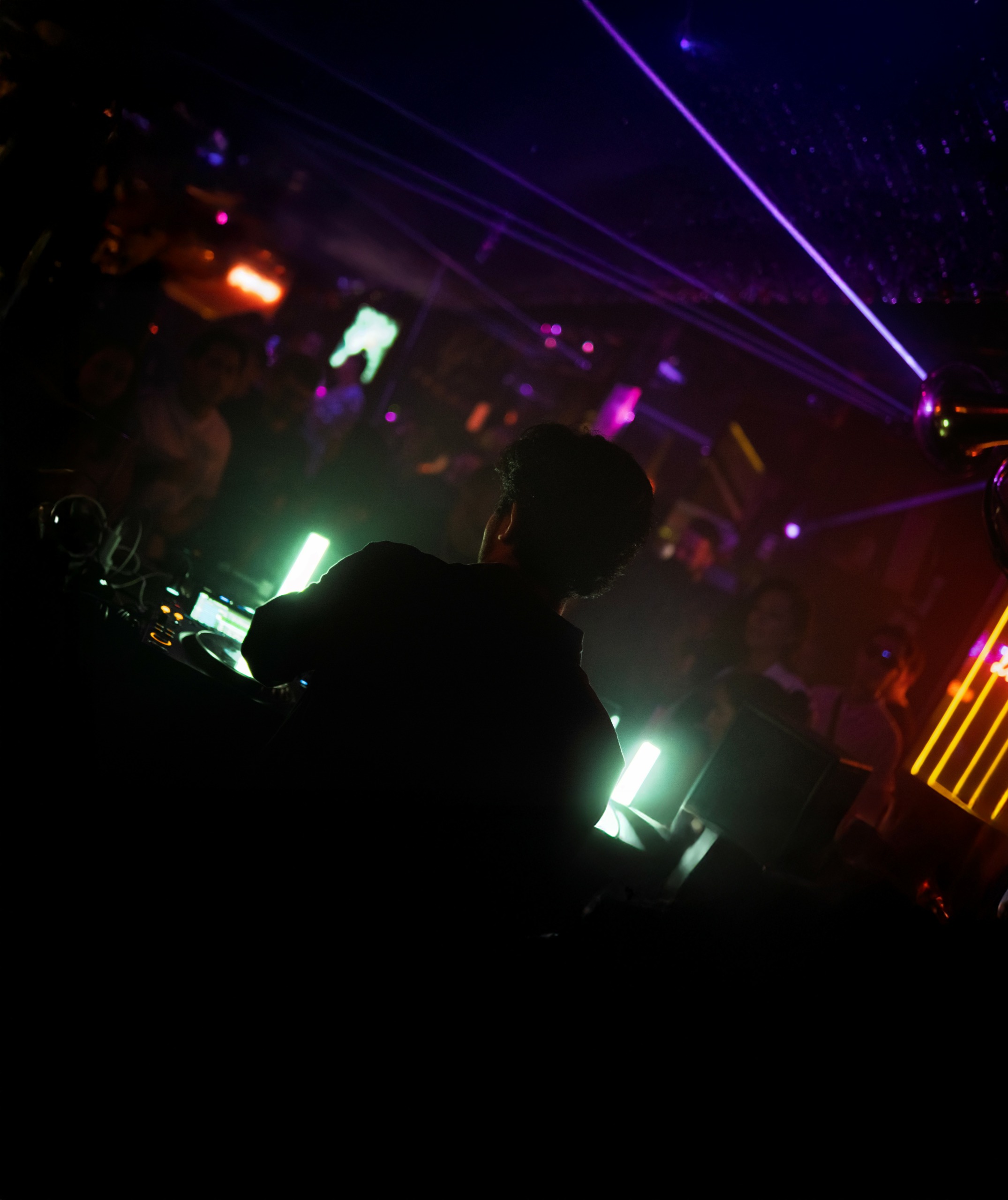We recently connected with Markus Martinez and have shared our conversation below.
Markus, looking forward to hearing all of your stories today. It’s always helpful to hear about times when someone’s had to take a risk – how did they think through the decision, why did they take the risk, and what ended up happening. We’d love to hear about a risk you’ve taken.
I saw this phrase somewhere: “If you want the life that no one has, you have to do things no one wants to do.”
That often means taking risks that people around you might think of but never act on.
I’ve always been passionate about music. I started DJing at 16, but I never took it to the next level. I kept waiting for the “perfect time.” It wasn’t until I turned 24 that I finally hired my first music‐production mentor. He taught me the basics, and I realized I truly did have a passion for music.
Picture this: 24 years old, with a secure job in the state government, earning more than many people my age, and holding an important role in my department. At that point, I had built a career—but music was calling me.
Then the pandemic came, and I had more time to toy with music. I bought gear, took classes, and resolved to transition into music full-time. That’s when I faced a tough decision: should I risk my stable career and start over in a new field, alone, with no network in music, investing more money, and giving up government‐job income? It was a huge bet.
In June 2021, I quit my full‐time job. I kept a freelance accounting gig (which had been about a quarter of my income) so I could focus more on music.
Long story short: I dedicated day and night to this project, and I still do. Four years later, it’s been worth it. It’s been difficult, but everything becomes easier when you have a full plan and stick to it no matter what. Now I have nearly 3 million streams on digital platforms, support from my favorite artists, income from mentoring and production work, and the privilege of playing in clubs around the world.
So here’s my main advice: take risks if the outcome adds value over time. You can be great at anything if you stay consistent.
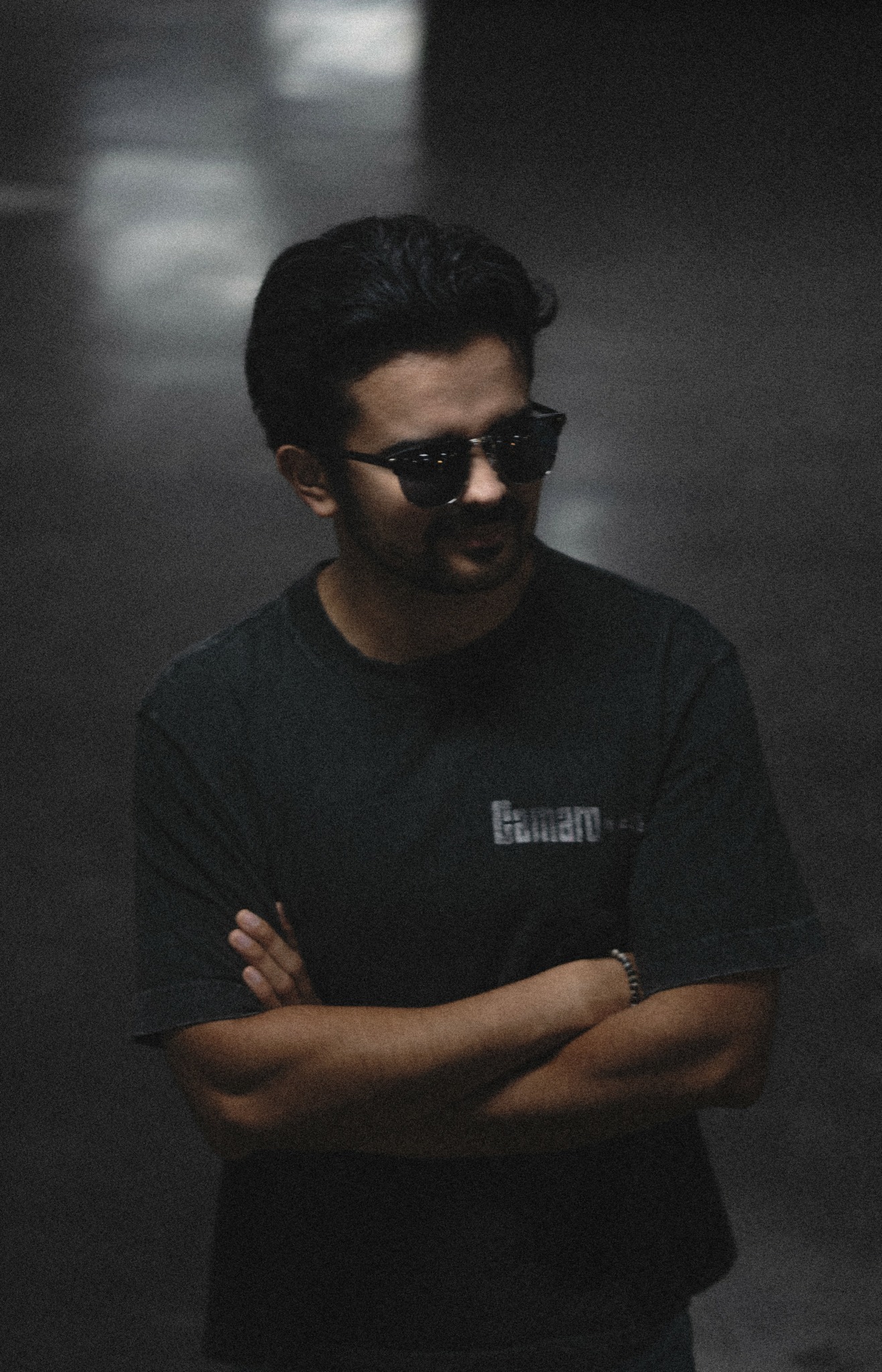
Great, appreciate you sharing that with us. Before we ask you to share more of your insights, can you take a moment to introduce yourself and how you got to where you are today to our readers.
After deciding to go “all in” on my artist project, I knew I couldn’t just play around with sounds and call it a day. I wanted to move faster than everyone else. That’s why I planned everything. I listed the topics I needed to master in order, and I stuck to it. I was disciplined with my plan: no distractions, no messing around.
At first, I couldn’t see tangible results. Still, everything began to snowball: I gained support from people like John Summit, Matroda, Marco Carola, and more, had tracks placed on Spotify editorial playlists, and earned more recognition on social media. It was working.
I’m not just an artist; I also help people on their journey as a mentor and mixing/mastering engineer. I run one‑on‑one coaching sessions where I help students with their projects or assist clients in finishing their WIPs. What sets me apart is that I deeply value the insights of my clients and students. I tell them that they are the “executive producer”—I’ll follow their lead while adding my personal touch. Plus, I have a proven track record of making music that works, and that’s something I replicate in working with people.
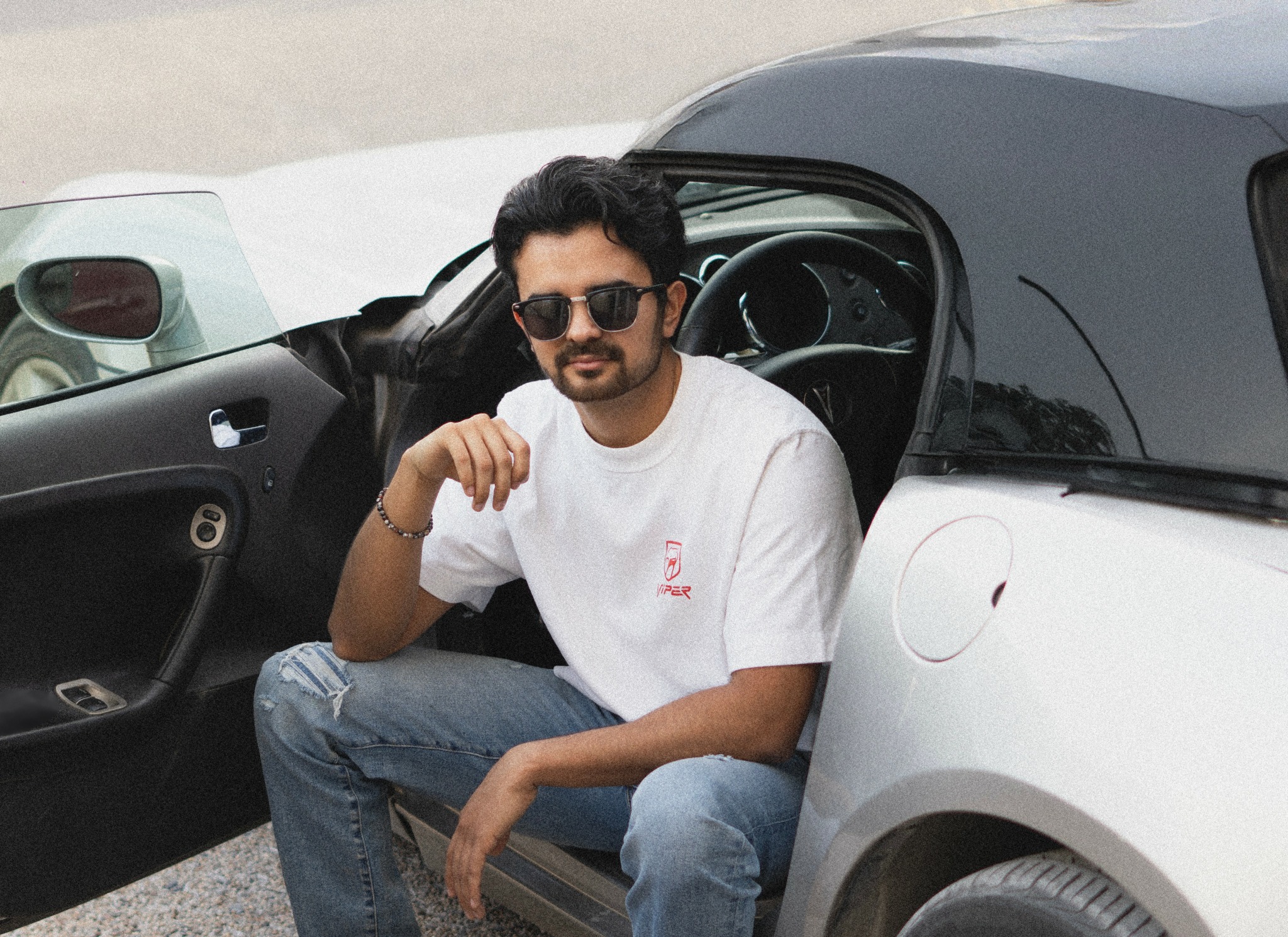
Have any books or other resources had a big impact on you?
Yes, there’s a YouTube channel in particular that shares straight‑to‑the‑point music branding content. It’s called The Cult Creatives. They’ve worked with big house artists like Chris Lake, and they share exactly how they do what they do. They’re brilliant.
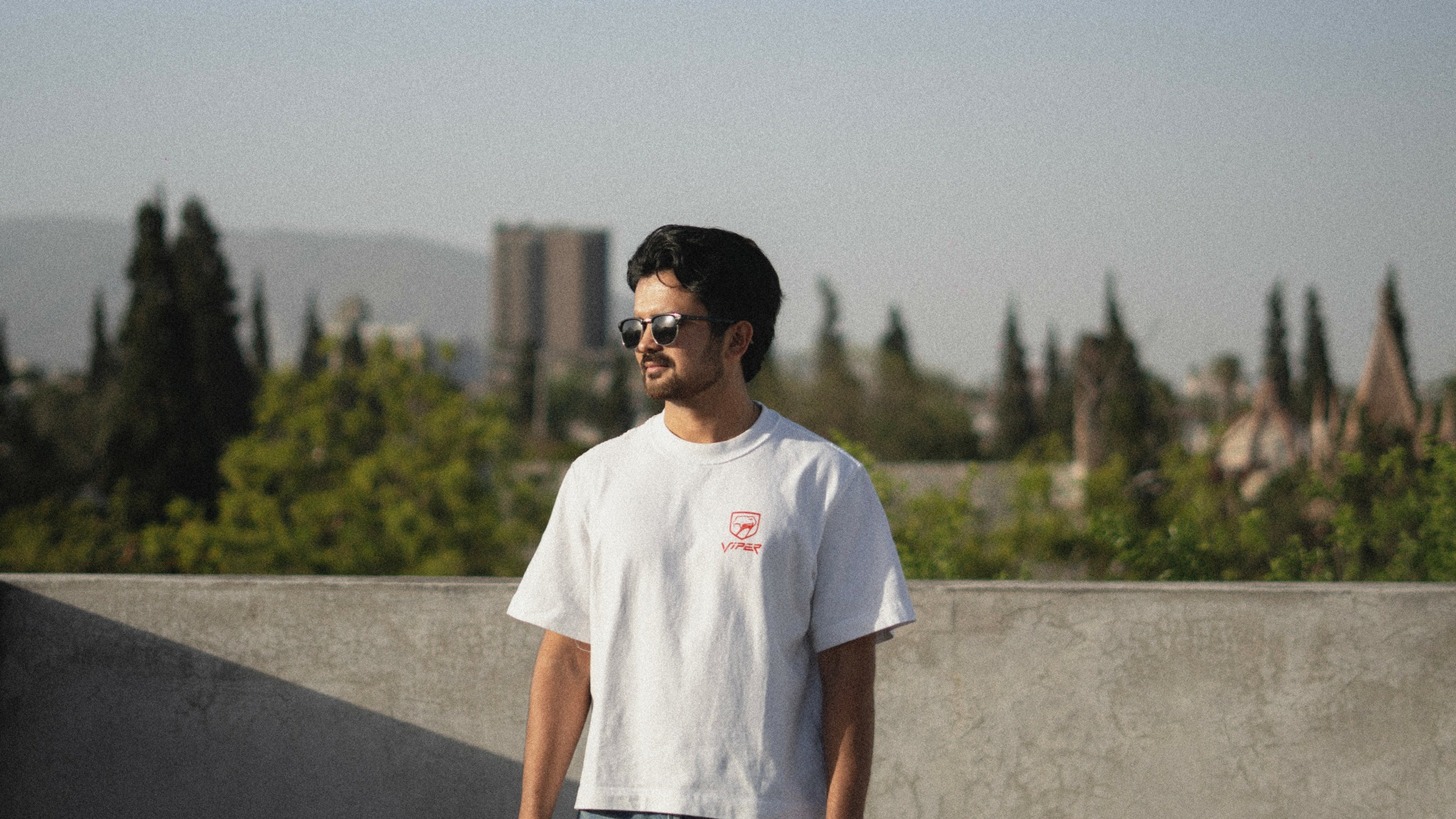
What can society do to ensure an environment that’s helpful to artists and creatives?
I think the best way society can support artists and creatives is by valuing our work as more than just “hobbies” and recognizing the role we play in shaping culture. That means creating more accessible platforms and spaces where we can showcase our art, and also educating people about the business side of creativity so artists aren’t left figuring everything out alone.
On a community level, support comes from attending shows, streaming music, sharing content, and actually engaging with what artists put out. On a larger scale, I’d love to see more initiatives (both private and governmental) that provide funding, mentorship, and resources to help artists turn their craft into a sustainable career.
Contact Info:
- Website: https://markusmartinez.komi.io/
- Instagram: https://www.instagram.com/markusmartinezv/
- Soundcloud: https://soundcloud.com/markusmartinez
